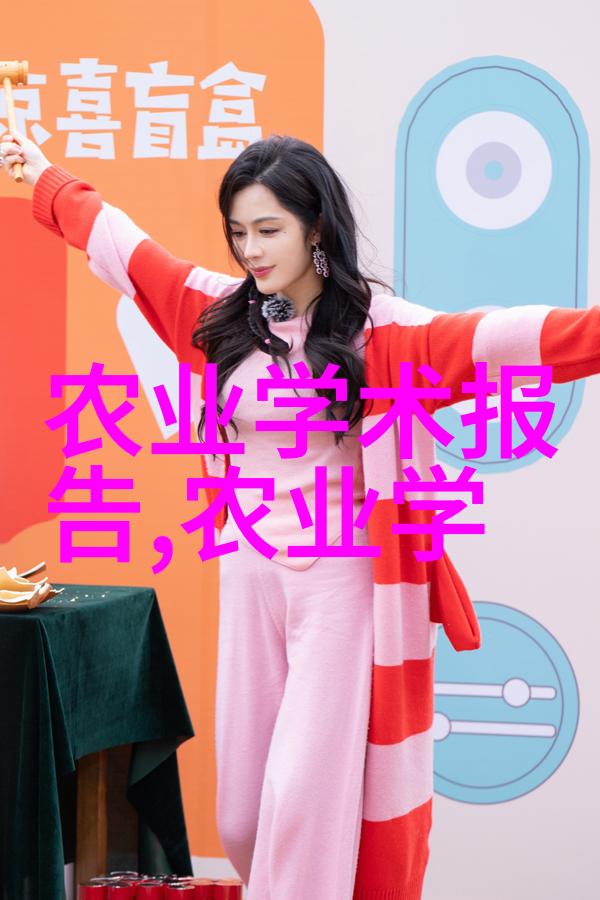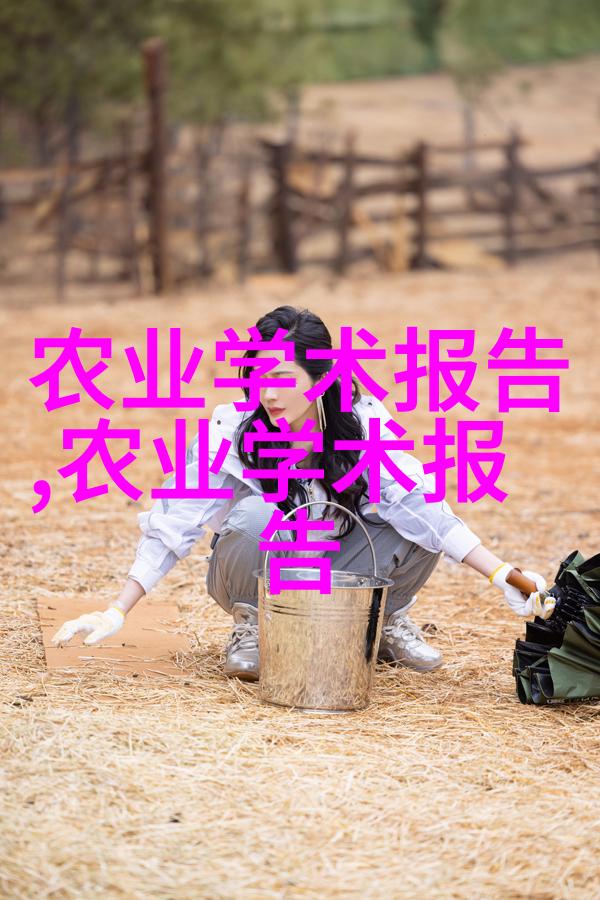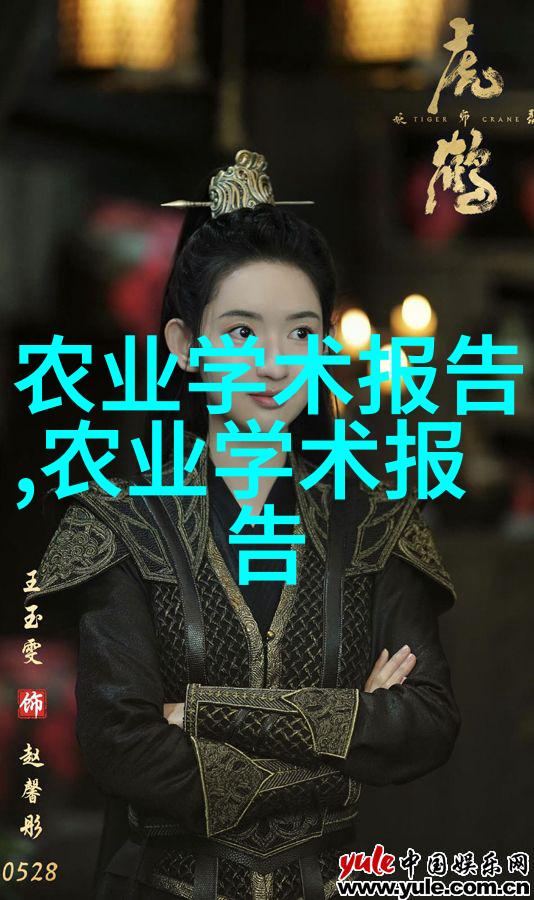(这是一篇小说剧本,人物、事件纯属虚构,仅用于阐述该领域中的某些观点和问题)

INT. SCIENCE CONFERENCE ROOM - DAY
Emma, a young researcher, is presenting her findings on genetic editing at a conference. The audience listens intently.

EMMA:
We’ve made significant strides in the development of genetic editing tools. Our research team has used CRISPR-Cas9 to edit wheat genes to resist a wide range of diseases, for example.

A member of the audience raises her hand.
AUDIENCE:

But isn’t there a risk of unintended consequences? What if these modifications cross-breed with wild strains and spread uncontrollably?
Emma pauses for a moment, taken aback.

EMMA:
Well, there’s always a risk with any kind of technology. But in agriculture, there’s a need to increase yields and protect crops from disease.
AUDIENCE:
But are we fully considering the ethical and societal implications of genetic editing in agriculture? We are tinkering with the very building blocks of life.
Emma sighs, unsure of how to respond.
FADE OUT.
INT. EMMA’S LAB - DAY
Emma is analyzing test results on her computer when her colleague, John, walks in.
JOHN:
Hey, Em, I heard about what happened at the conference. Don’t worry, we’ve all been there.
EMMA:
I know, but it’s just frustrating. We are doing important work here, but people are so skeptical.
JOHN:
They have a point, though. I mean, have you read about the spread of genetically modified crops in India? It’s causing havoc with farmers who can’t afford to buy the technology.
EMMA:
But that’s not our intent. We’re trying to create resilient crops that can help feed a growing population.
JOHN:
I get that, but we also have to be mindful of the consequences. We need to have transparency and accountability in our research.
Emma nods, beginning to see John’s point.
EMMA:
You’re right. We can’t operate in a vacuum. We need to engage with different stakeholders and evaluate the risks and benefits of our work.
FADE OUT.
INT. A FARMER’S FIELD - DAY
Emma is visiting a farmer’s field where they have planted wheat with resistance to a fungal disease. The farmer, Mr. Patel, welcomes her with a warm smile.
MR. PATEL:
Welcome, dearie. You’re here to see how your fancy technology is working, eh?
EMMA:
(chuckles) Yes, sir, I am. How has it been so far?
MR. PATEL:
(smiling) The crops are looking good. No signs of the disease so far. It’s a relief for us farmers.
Emma looks around at the lush, green field with satisfaction.
EMMA:
I’m glad to hear that, sir.
Suddenly, a group of protesters march onto the field, waving placards with slogans against genetic editing. Emma and Mr. Patel are caught off guard.
PROTESTER 1:
This is an outrage! You’re playing God with our food!
PROTESTER 2:
We don’t want your Frankenfoods! Keep your greed out of our fields!
Emma tries to reason with the protesters, but they are too hostile. She feels her anger rising.
EMMA:
You don’t understand the science! We are trying to create crops that are more resilient and can feed more people!
PROTESTER 3:
That’s just industry propaganda! You’re trying to control the food supply and make a profit!
Emma looks at the protesters, at Mr. Patel, and at the field of wheat before her. She takes a deep breath and speaks slowly.
EMMA:
You know what? You’re right. We can’t ignore the environmental and social impacts of our work. We need to have a dialogue and work together to find a way forward.
The protesters look at her incredulously, shocked at her sudden change of heart.
FADE OUT.
INT. SCIENCE CONFERENCE ROOM - DAY
Emma is back at the conference, standing at the podium. She looks out at the audience and begins to speak with a new conviction.
EMMA:
In recent years, the rapid development of genetic editing tools has opened up enormous possibilities for agriculture. But we also need to recognize the challenges and risks that come with it.
She pauses, taking a sip of water.
EMMA:
We need to engage in an open, transparent, and inclusive dialogue about the ethical, social, and environmental implications of genetic editing in agriculture. We need to work with all stakeholders, from farmers and consumers to activists and policymakers. Only then can we create a sustainable and equitable food system for all.
The audience listens attentively this time, nodding in agreement.
FADE OUT.
标签: 农业学术报告



